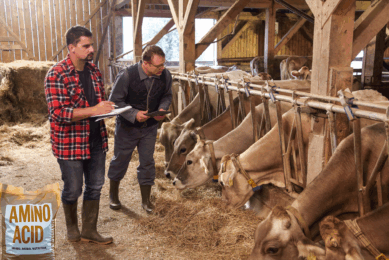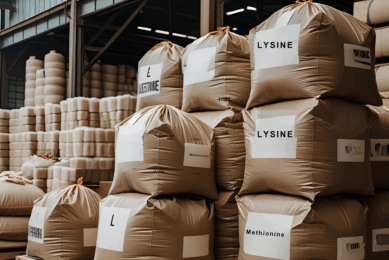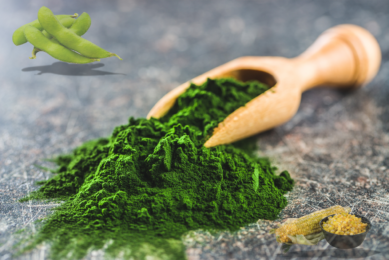Aquaculture growth demands alternative feed ingredients

As the demand for fish meal and oil continues to grow, alternative sources for feed ingredients like proteins from animal origin have become pertinent, according to Gert Mulderij, Director Sales and Marketing at Vion Ingredients.
Aquaculture is one of the fastest growing industries in food production and is expected to continue the upward trend. The State of World Fisheries and Aquaculture 2012, published by the Food and Agriculture Organisation of the United Nations, projects that total output of aquaculture and wild catches will increase 15% to 172 million tonnes in 2020, with the expansion largely accounted for by growing aquaculture share. With view on this trend, the future of raw material sourcing of aquaculture will depend strongly on the developments in proteins from animal and plant origin.
Besides for human consumption, fishmeal and fish oil are important sources of protein in feed, for example for pet food industry and fish farms. As the demand for this source of protein and lipids increases, the supply will not suffice despite the estimated growth. It is imperative to implement certain changes in order to secure sustainable aquaculture, according to Mulderij. One of the major concerns is to find alternatives for fishmeal and fish oil, he explains. Mulderij sees great opportunities in animal co-products as an alternative protein source. “Using produced animal proteins contributes to sustainability not only by providing a natural protein sources but also by intelligent waste management.” Sonac is increasingly focused on the developments and supplies animal proteins and fats together with technical support to the growing customer base worldwide.
Another party who sees advantages in the animal co-products both ecologically and economically is RIKILT Wageningen UR. In a recent research2, two methods have been established to monitor ruminant and non-ruminant animal proteins for aquaculture feed, in order to safeguard against BSE.
In line with this background, Sonac will present two innovative products (MucoPro80 and Phosterol) during the upcoming tradeshow VIV Asia (13-15 March in Bangkok), which have been approved by the EU feed law. They are produced using animal co-products and offer several advantages. For example, MucoPro80 is a natural source for protein with abundant free amino acids, di-tri and tetra peptides. They also feature palatability and hypo-allergenic nature. “Product innovations like the latter answer to a pressing need for alternatives of nutrient sources to replace fishmeal and fish oil in aqua feed”, says Mulderij.
Inquiries about alternative nutrient sources from animal origin or the company’s presentation at the VIV Asia can be addressed at Gert Mulderij on Linkedin
1 The State of World Fisheries and Aquaculture 2012, Food and Agriculture Organization of the United Nations, Rome, 2012.
2 Raamsdonk L.D.W, Margry R.J.C.F, van Kaathoven R.G.C and Bremer M.G.E.G. (October 2012), Animal proteins in aqua feed, RIKILT Wageningen UR.











